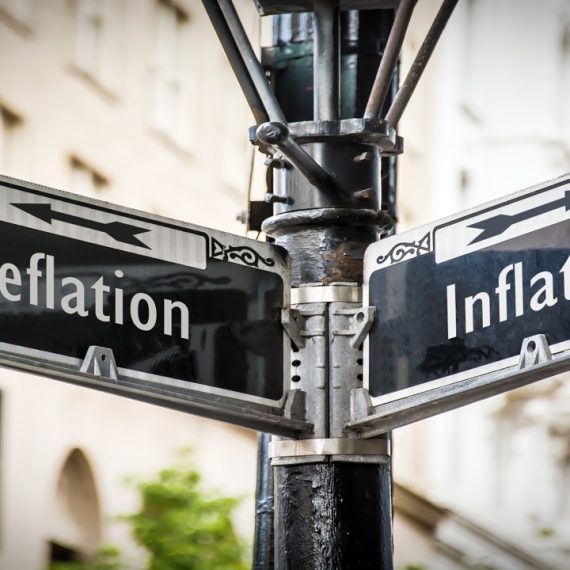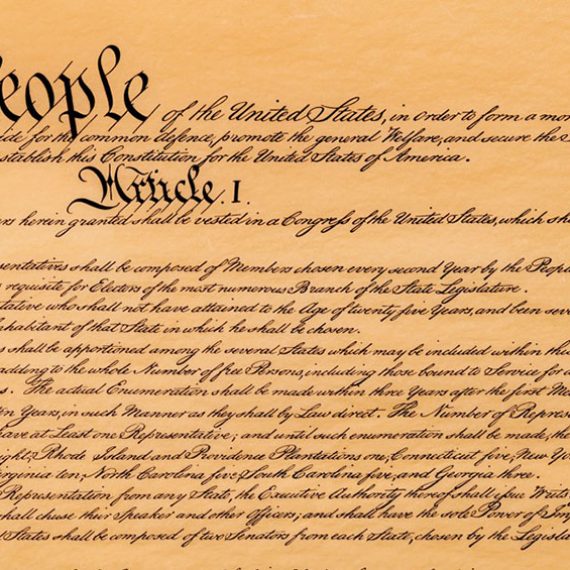August 16, 1999 – If I’ve learned anything over the years, it is to not underestimate the power of central banks and their willingness to play ‘hard ball’ to enable them to keep their hands on that power. Witness the gold sale by the Bank of England as evidence of my proposition. So if a big squeeze in the gold market does occur, will the Federal Reserve stand idly by?
Probably not, because I doubt very much whether the Fed would like to see the gold price scoot to $500 per ounce in a fortnight. We must therefore try to think through the other options as to what could happen if the Federal Reserve sticks its nose into the gold market, if it hasn’t already done so (some, including me, argue that the Fed already has its hand in manipulating the current low gold price). In any case, some of its options are:
1) The Fed gets its central bank pals to lend metal, throwing to the wind any concerns they may have about the solvency of their counterparty and/or about their need for metal as Y2K approaches. This action would keep the gold price and gold’s interest rate tame, much like what has happened since 1996.
2) The Fed gets more central bank pals (like Bank of England) to dishoard gold. This option would accomplish much the same as #1 above.
3) The Fed brings in the federal government to intensify its anti-gold media campaign. The nameless ‘specs’ are about to get bombarded with bad press if gold begins to rise. The Fed will arrange with the media to get many quotes from friendly sources talking up what the Fed wants you to hear. Left unsaid of course will be the huge short position in gold established over the past few years with central bank connivance, which has created today’s abnormal conditions in the gold market and made a squeeze possible.
4) The Fed gets the federal government to force the IMF to sell some of its gold and/or to return gold to its members, which will then be loaned and/or dishoarded by them, thereby providing enough metal to postpone the squeeze. These actions would also allow the abnormal conditions in the gold market to prevail somewhat longer.
5) If all else fails, then the Fed asks the federal government to close down the gold market and/or to confiscate gold like Roosevelt did in 1933, thereby providing the opportunity for them to get their hands on enough metal to relieve the squeeze. This time though, the Fed would probably get most countries to participate in the closure/confiscation as well.
But if #5 happens, then I think the implications will be even far greater than just trying to prevent a gold squeeze. We will in that case be witnessing the end of fractional reserve banking, a system fostered by central banks since the creation of the Bank of England in 1694. In other words, it will mean the end of the cartel given by governments to commercial banks to bilk a country’s citizens in exchange for the power that commercial banks, through their ability to create fiat money, give to governments. What power is that?
Governments survive on fear and power, but they cannot create bullets out of thin air. So what do they do? Through their captive central bank and partners in crime, the commercial banks, governments create money out of thin air to buy bullets.
This observation explains what central banks work so hard to preserve, but the implementation of #5 above will show how desperate the central banks have become and how little power they have left to prevent a systemic collapse. There are parallels to the waning days of the Soviet Union, which could not in the end prevent the fall of the Berlin Wall, let alone the collapse of its unconscionable people control system.
In short, banks and governments will no longer have the ability to work hand-and-glove toward their objectives, extortionate profits for the banks and unbridled power for governments. And it won’t be a pretty sight.
The ultimate irony? The worst predictions of the Y2K doomsayers come true, but not because of computer problems and glitches. Rather, the monetary system built upon nothing but promises collapses because people finally realize that sometimes promises mean nothing, and if promises mean nothing, then the money from a monetary system built upon promises is worth nothing.

 My objective is to share with you my views on gold, which in recent decades has become one of the world’s most misunderstood asset classes. This low level of knowledge about gold creates a wonderful opportunity and competitive edge to everyone who truly understands gold and money.
My objective is to share with you my views on gold, which in recent decades has become one of the world’s most misunderstood asset classes. This low level of knowledge about gold creates a wonderful opportunity and competitive edge to everyone who truly understands gold and money.
